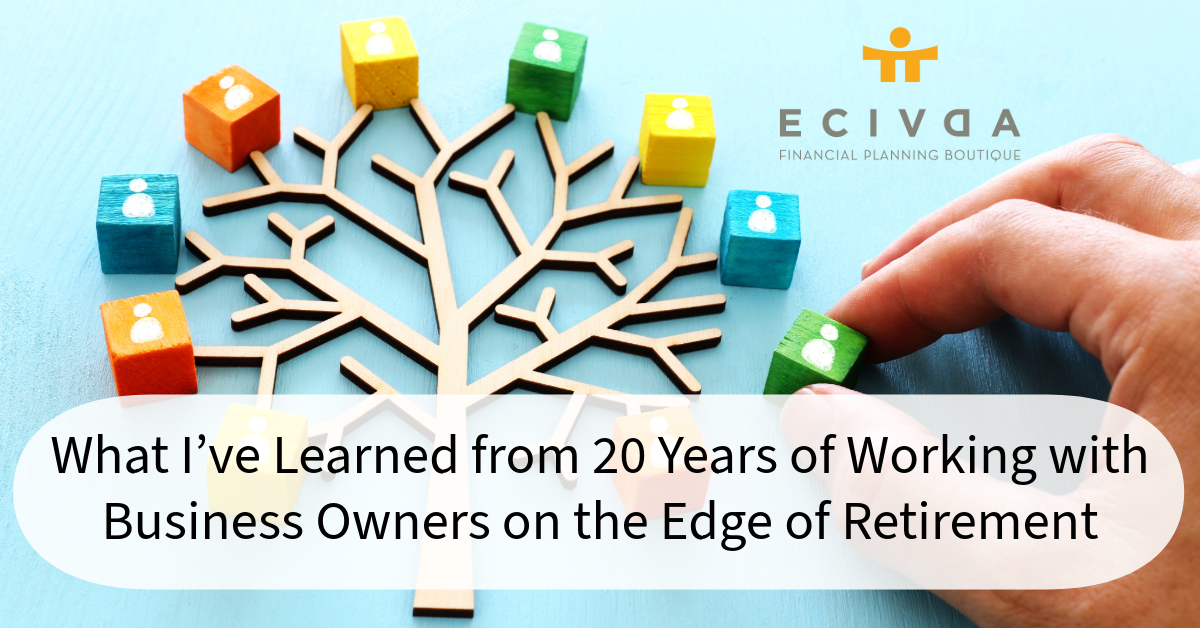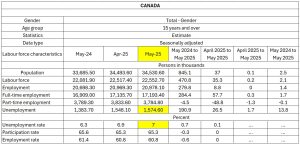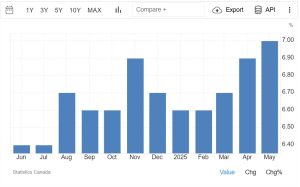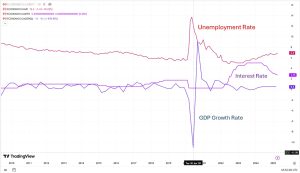Unlocking the Power of the RDSP: A Lifeline for the Future
Unlocking the Power of the RDSP: A Lifeline for the Future
By Corey Butler
Imagine a savings plan so powerful, the government not only matches your contributions but sometimes gives you money even if you don’t put in a cent. Welcome to the Registered Disability Savings Plan (RDSP)—a little-known but life-changing financial tool available to Canadians living with disabilities.
For families navigating the added costs and uncertainties that often accompany disability, the RDSP is more than just another bank account—it’s peace of mind, security, and a way to build a future with dignity and independence.
What Is the RDSP, and Why Should You Care?
Launched in 2008, the RDSP is a federally registered savings plan designed to help people with disabilities build long-term financial security. It’s similar in some ways to a retirement plan, but tailor-made to support individuals who qualify for the Disability Tax Credit (DTC).
What makes it remarkable? Free government money. Through a combination of grants and bonds, the government can contribute up to $90,000 over the lifetime of the plan.
This isn’t just smart saving. It’s strategic empowerment.
Who’s Eligible?
To open an RDSP, a person must:
- Be under 60 years old
- Be a Canadian resident
- Have a Social Insurance Number (SIN)
- Be approved for the Disability Tax Credit (DTC)
Parents or guardians can open the account on behalf of a child, and contributions can be made by family or friends—anyone looking to invest in the future of someone they care about.
The Two Magic Words: Grants and Bonds
Canada Disability Savings Grant (CDSG)
This is a government match program that can triple your contributions. For lower- and middle-income families, the government will contribute up to $3 for every $1 saved, depending on income and amount contributed. Over a lifetime, you can receive up to $70,000 in grants.
Canada Disability Savings Bond (CDSB)
Even if you can’t afford to contribute, the government may still deposit up to $1,000 per year into the plan—no personal savings required. That’s up to $20,000 for those with lower incomes.
Smart Money, Tax-Free Growth
The RDSP allows savings to grow tax-free, and withdrawals are designed to supplement—not replace—income and disability benefits. That means you can plan for the future without risking access to vital programs like the Guaranteed Income Supplement (GIS), Old Age Security (OAS), or provincial social assistance.
In fact, in most provinces, money held in an RDSP is fully exempt from asset and income testing—making it a rare and powerful exception in the financial world.
Can You Access the Money?
Yes—but with caveats. The RDSP is meant for long-term use, so early withdrawals come with potential clawbacks. Any grants or bonds received in the 10 years prior to withdrawal may need to be partially repaid.
After age 60, beneficiaries can begin receiving regular payments without penalty, creating a steady source of income during retirement or later life stages.
Getting Started: No Experience Required
Setting up an RDSP is easier than it sounds:
- Get approved for the Disability Tax Credit (DTC).
- Visit a financial institution that offers RDSPs (most major banks do).
- Open the account and apply for the grants and bonds.
- Start contributing—if you can. Even small deposits can unlock thousands in support.
The Bottom Line
In a country with universal health care and social safety nets, the RDSP stands out as one of the most generous and empowering programs for people with disabilities. And yet, it remains underused and often misunderstood.
If you, your child, or someone you know is eligible, don’t wait. This is a rare opportunity to secure a future on your own terms—with help from a system that, for once, truly works in your favour.
Corey Butler
To see this blog published in the Mingo Magazine Fall 2025 issue – click HERE















